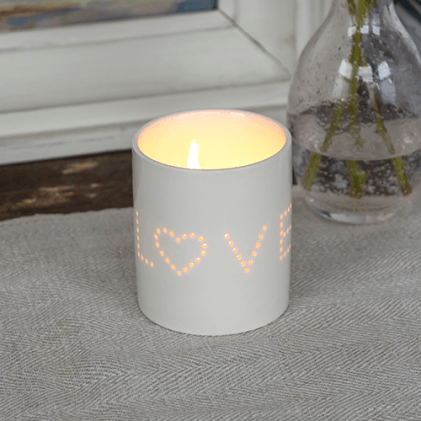How to get started with running
With the arrival of sunny weather and the London Marathon just around the corner, you might be feeling inspired to get outside and have a go at running.
But if you've never run before, it can be difficult to know where to start. That's why we're here with some tips to help you get started with your new favourite sport!

Image source: lzf
Equipment
One of the beauties of running is that you don't need lots of fancy equipment. The most important thing you'll need is a good pair of well-fitting running shoes that suit the terrain you will be running on, the shape of your foot and your gait. The best way to find the perfect shoe for you is to go to your local running store, where the professionals can assess how you run and recommend exactly what you need.
You will also need running clothing. Depending on the weather, think t-shirts, long-sleeved tops or vests for your top half, and running trousers or shorts for your bottom half. You will warm up quickly when you run so don't pile on lots of layers, and also make sure you're wearing synthetic materials as these will draw the moisture away from the skin as you sweat.

Once you've got the very basics covered, consider these extras:
- Pedometer to measure your distance, time, steps and calories burned, or download Nike's free running app.
- Running underwear, like trunks for men and sports bras for women, to support you whilst you run.
- Running socks that are specially designed to reduce friction and take away moisture.
- Running sunglasses to protect your eyes on sunny days.
- Ergonomic water bottle to help you stay hydrated.
Technique
It's very important not to get carried away at the beginning because you risk hurting yourself. If you suffer from poor health, have an injury or are generally unsure about your ability to run, always check with your doctor first. If you are fit to run, start with a gentle training programme such as the NHS couch to 5k. This schedule builds up absolute beginners gradually, and then you can look for more intensive training schedules afterwards.
Ready to start running? Here is a simple guide to build up your ability:
- 5 minute warm up - Every run you do should start with a warm up. Include some gentle leg stretches, knee lifts and on the spot marching.

- 30 minutes exercise - To begin with, just walk for 30 mins. Once you can do that easily, start to add in 1-2 minutes of running. Over time increase the amount of time you spend running until you are able to run for the entire 30 minutes.
- 10 minute cool down - Slow to a walk for 5 minutes, and then finish off with some more gentle leg stretches.
It is very important to warm up before you run and cool down afterwards, to reduce the risk of injuring yourself.
Tips
You've got the gear, you've got a plan and you're raring to go! But before you set off, here a few more handy things you need to know.
Carry ID: Most running clothing will have a small pocket in it somewhere, and it's a good idea to carry some ID or an emergency contact number on you in case you get into an accident. This is especially important if you're going to be running on your own or in isolated places.
Pace yourself: You might find that you can only run for 5 minutes before you get exhausted and need to stop. Many new runners make the mistake of running too fast at the beginning, so try to slow yourself down. Try running at a pace at which you could sustain a conversation. Once you get a steady rhythm going, you'll be able to keep running for longer.
Stay hydrated: You'll lose fluids as you run and sweat, so take a bottle of water with you. Drink little and often rather than gulping lots of water down at once, and have a bigger drink once you stop running.

Have a goal: Whether you want to do a certain distance, number of steps or amount of time, having a goal to aim for is great motivation to get you out the door. If you're feeling particularly adventurous you could even sign yourself up for a local run - like a 5 or 10k - and start some regular training to complete it.
Try other exercise: You'd be surprised by how much other types of exercise can improve your running ability. Swimming, yoga and weight training help your overall strength and flexibility, so feel free to mix up your exercise routine!
Best of luck and happy running - maybe this time next year you'll be able to take on the London Marathon too!
Image source 1: Enigmangels
Image source 2: Ammentorp Photography
Image source 3: FCG








